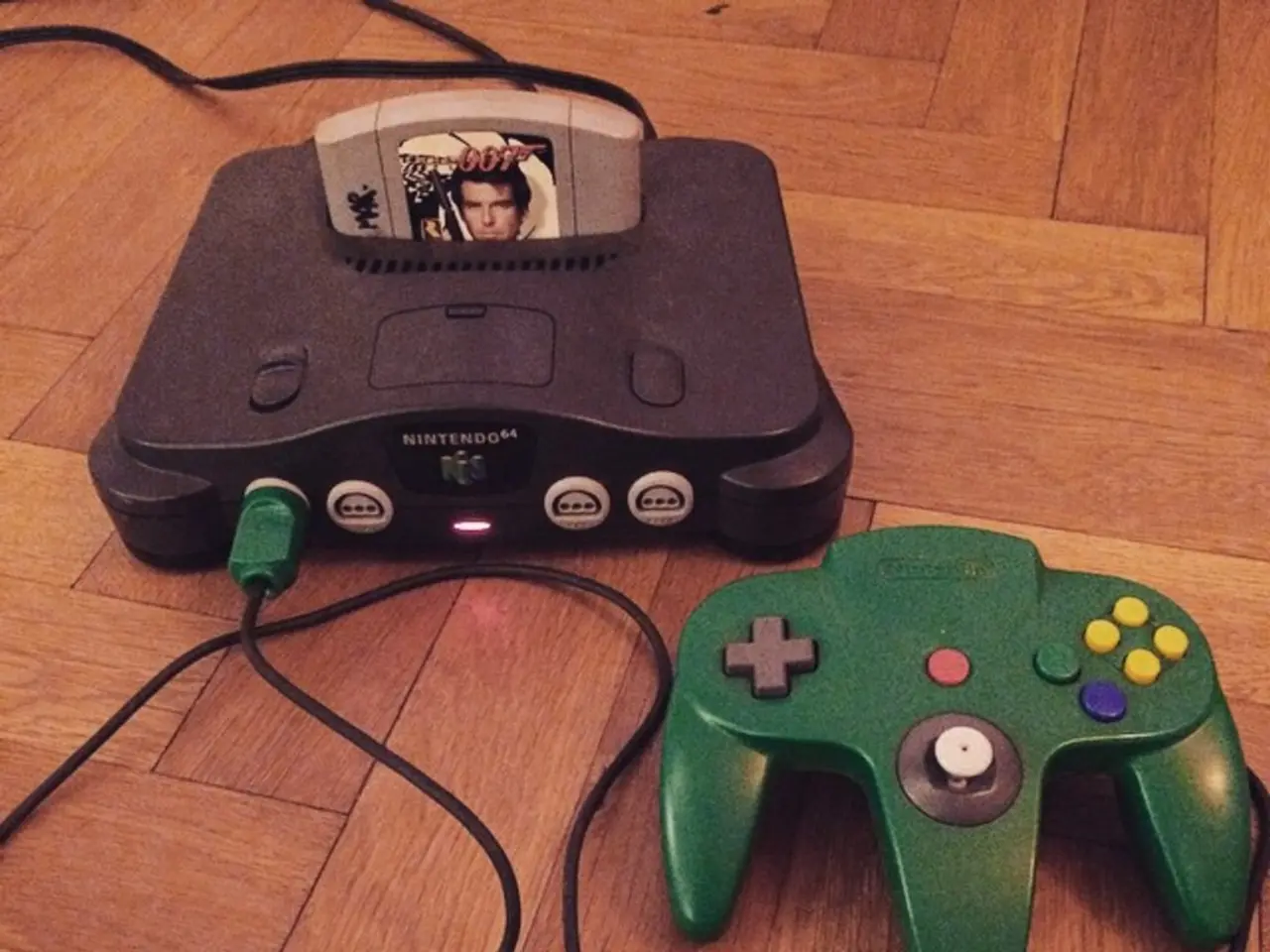Rediscovering Classic Gaming: Ultimate Directory of Top-tier Console Emulators in the Year 2024
Emulators have become a popular way for gamers to relive the glory days of classic consoles on modern devices. These software programs mimic the hardware of gaming consoles, enabling users to play games as if they were using the original hardware. However, the legality of using ROMs (copies of game cartridges) with emulators is a complex issue that depends on copyright ownership and local copyright legislation.
Popular Emulators
Some of the most popular emulators include Project 64 for the N64, FCEUX for the NES, Kega Fusion for the Sega Genesis, RPCS3 for the PS3, SNES9X for the SNES, and VBA-M for the Game Boy family. Each of these emulators offers excellent compatibility and accuracy, and many come with additional features such as multiplayer support, cheat functionality, and aspect ratio adjustments.
The Legal Implications
Emulators themselves are legal, but the legality of downloading and using ROMs is more complex. While emulators do not violate copyright laws, downloading, distributing, or possessing ROMs of copyrighted games without owning the original copy is illegal in most countries. The penalties for unauthorized possession or distribution of ROMs can be severe, particularly in regions with strong anti-circumvention enforcement.
In the United States, emulators are legal, but downloading or distributing copyrighted ROMs is illegal unless you own the original game and are making a backup copy for personal use. In the European Union, laws vary by country, with some countries having strict anti-circumvention laws that criminalize even bypassing copy protection. For example, in Italy, owning devices pre-loaded with ROMs can lead to fines or jail time under Article 171 of the Italian Copyright Law.
Setting Up Emulators
To set up an emulator, users typically need to download and extract the software from the official website, launch and navigate the interface, and install cores for the consoles they want to emulate. RetroArch, for instance, offers recommended cores for popular consoles like Nestopia UE for NES, SNES-mercury for SNES, Mupen64Plus for Nintendo 64, DeSmuME for Nintendo DS, Genesis X Plus for Sega Genesis, and SameBoy for Game Boy (Color/Advance).
Controllers and BIOS Files
Many emulators support various controllers, including Xbox controllers, but additional drivers or software may be needed for compatibility. BIOS files, which some emulators use to replicate the console's boot process, can be legally problematic due to their distribution.
In conclusion, while emulators offer a fun and convenient way to play classic games on modern devices, it is essential to understand the legal implications of using ROMs. Always ensure that you own the original game before making a backup copy, and be aware of the laws in your jurisdiction regarding downloading and distributing ROMs.
- AI technology plays a significant role in the advancement of emulators, as it helps in maintaining high accuracy while emulating the hardware of gaming consoles.
- The future of emulator development may involve further integration of AI to enable smoother gameplay and better compatibility with modern hardware gadgets.
- As a developer, one should be familiar with various software solutions available, such as Project 64, FCEUX, Kega Fusion, RPCS3, SNES9X, and VBA-M, to create more efficient emulation solutions.
- Technology continues to evolve, and with advancements in AI and hardware, emulators will likely become even more prevalent and sophisticated in the gaming community.




